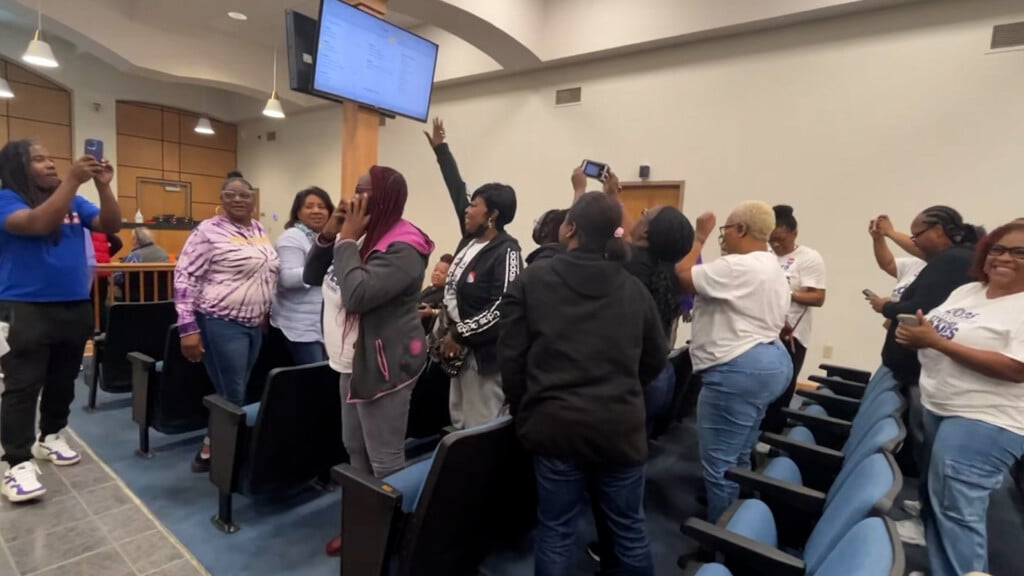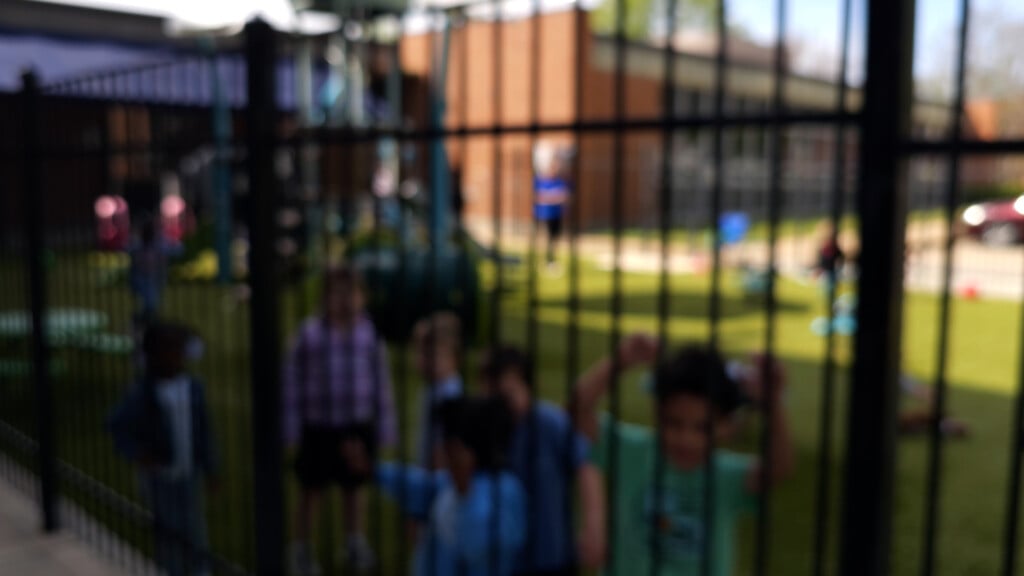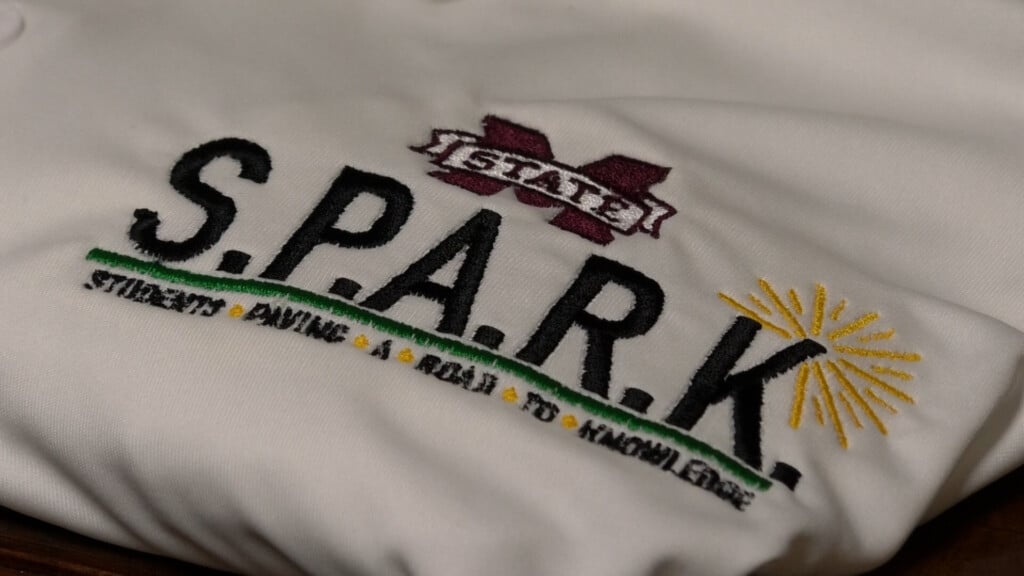Dry duck season leaves many hunters hopeful for next season
Duck migration in Mississippi and the Southeast was extremely low this season.
STARKVILLE, Miss. (WCBI) – Did you see any ducks this season? If so, consider yourself lucky.
Duck migration in Mississippi and the Southeast was extremely low this season.
James Callicutt with the Mississippi State Extension service specializes in waterfowl, and he says a variety of factors went into the dry duck season – but the weather was the most prominent.
“The Mississippi River Valley, the whole region across these states is one of the most wintering regions for waterfowl in the country, so it’s a hotspot for migrating ducks,” Callicutt said. “Ducks migrate south when their food and other resources are inaccessible to them cause of freezing conditions, wetlands freeze, or more importantly, snowfall occurs, and it covers up their food resources. So, they moved further south to be able to access those food resources.”
Callicutt says the dry summer that went over into the fall caused the wetlands to remain dry.
“Some of these other birds that aren’t as pushed by weather, that maybe the change in day length triggers them when they encounter poor habitat conditions, they can’t find enough water, so with northern latitudes, it’s not a smart move to move south if you’re not finding food and wetlands at the latitude you’re at,” Callicutt said.
But it’s not just hunters that were affected. Callicutt says a lot of money and effort goes into managing the wetlands and providing ecological goods and services.
“That’s the role of the wetland in providing improved water quality, or flood retention, or storm surge protection, or other recreational opportunities that can occur in wetlands, they provide a lot of opportunities for Mississippians as a whole,” Calicutt said.
Callicutt says he is hopeful the conditions will line up for next season, for hunters, and the state of Mississippi as a whole.
“Hopefully good conditions will happen on the breeding grounds that will produce abundant duc populations that have the potential to move to Mississippi, and we will have the weather and habitat conditions that line up for birds to show up in Mississippi, and we’ll get to enjoy them,” Callicutt said.




